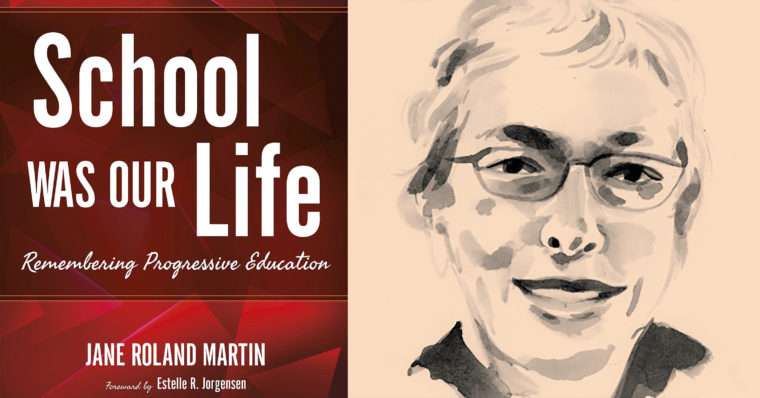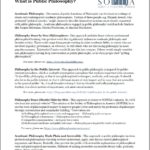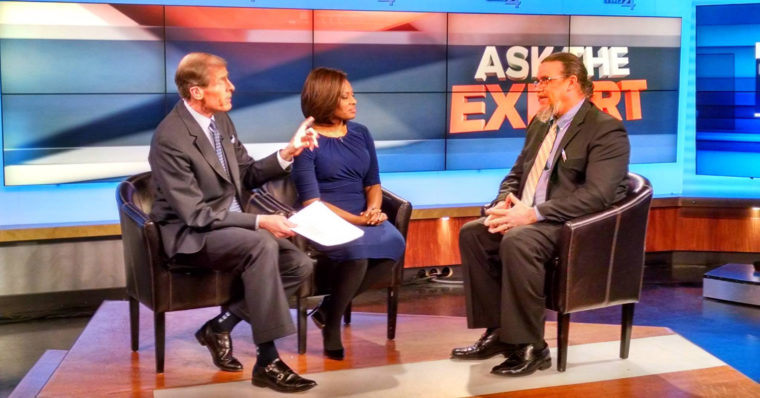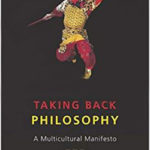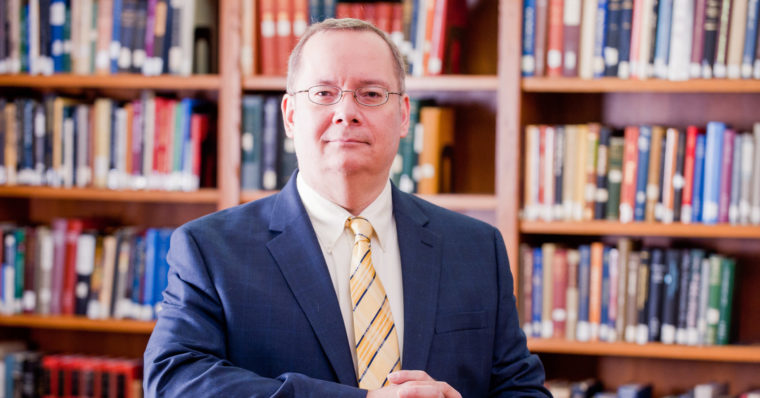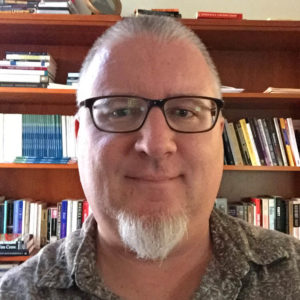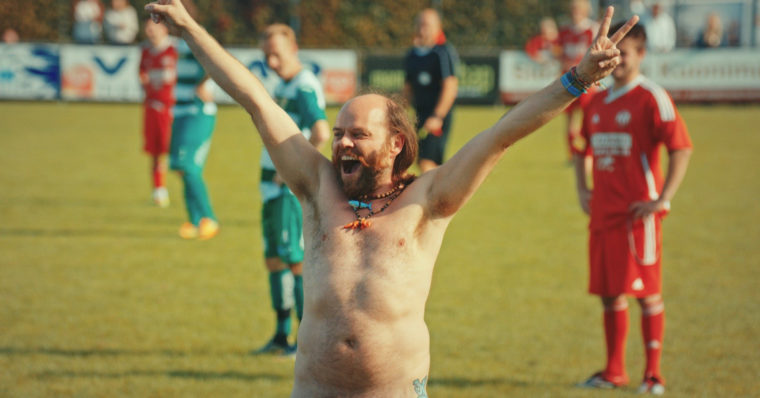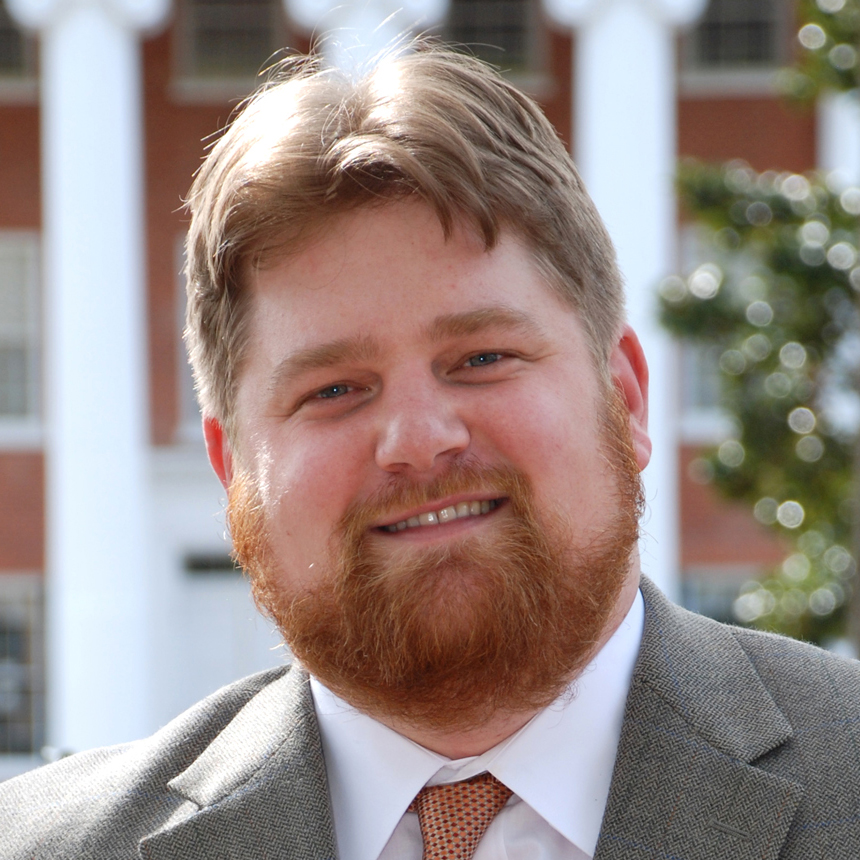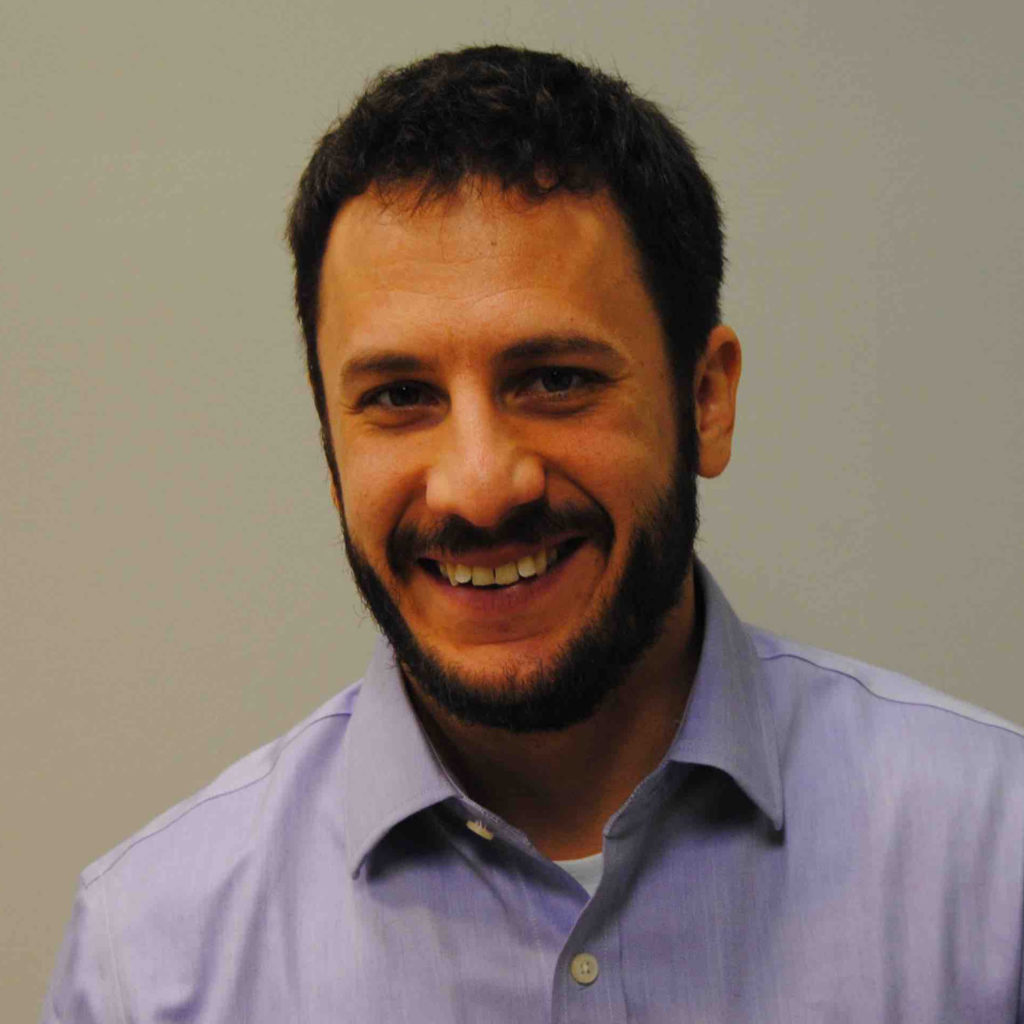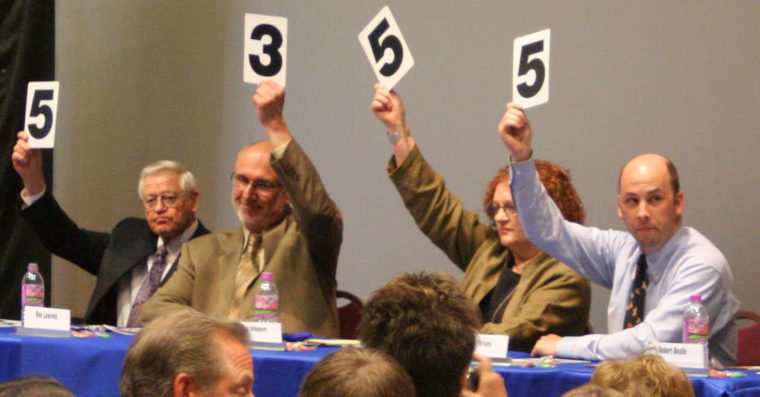In this 88th episode of Philosophy Bakes Bread, “School Was Our Life,” Dr. Jane Roland Martin, author of School Was Our Life (2018), joins Eric Thomas Weber and Anthony Cashio to talk about progressive education.
Dr. Jane Roland Martin is professor Emerita of Philosophy at the University of Massachusetts Boston. She has published many books on philosophy, education, and gender and received a Guggenheim Award. Her most recent book is titled School Was Our Life, published in 2018 with Indiana University Press. Thank you for joining us today, Jane! Eric’s colleague, Dr. Beth Goldstein, in Educational Policy Studies and Evaluation at the University of Kentucky, called his attention to Martin’s 1991 essay titled “The Contradiction and the Challenge of the Educated Woman,” which inspired him and Anthony to reach out to Dr. Martin, who is an authority in the philosophy of education.
Listen for our “You Tell Me!” questions and for some jokes in one of our concluding segments, called “Philosophunnies.” Reach out to us on Facebook @PhilosophyBakesBread and on Twitter @PhilosophyBB; email us at philosophybakesbread@gmail.com; or call and record a voicemail that we play on the show, at 859.257.1849. Philosophy Bakes Bread is a production of the Society of Philosophers in America (SOPHIA). Check us out online at PhilosophyBakesBread.com and check out SOPHIA at PhilosophersInAmerica.com.
(1 hr 16mins)
Click here for a list of all the episodes of Philosophy Bakes Bread.
Subscribe to the podcast!
We’re on iTunes and Google Play, and we’ve got a regular RSS feed too!
Notes
- Jane Roland Martin, School Was Our Lives (Bloomington, IN: Indiana University Press, 2018).
- Israel Sheffler.
- Summerhill School in England, and A. S. Neill.
- The Dalton School in New York.
- The Little Red Schoolhouse Wikipedia page.
- Pamela Paul, “Let Children Get Bored Again,” The New York Times, February 2, 2019.
- John Dewey on “Play and Work in the Curriculum,” Chapter 15 of Democracy and Education (New York: The Free Press, 1916/1997).
- Elisabeth Irwin of the Little Red Schoolhouse on Wikipedia.com.
You Tell Me!
Dr. Martin’s question for listeners is inspired by her work on a new, forthcoming book:
“Do you think that to preserve the natural environment of the planet that has allowed our species to flourish human nature has to change? If so, can we change it?”
Let us know what you think! Via Twitter, Facebook, Email, or by commenting here below.


